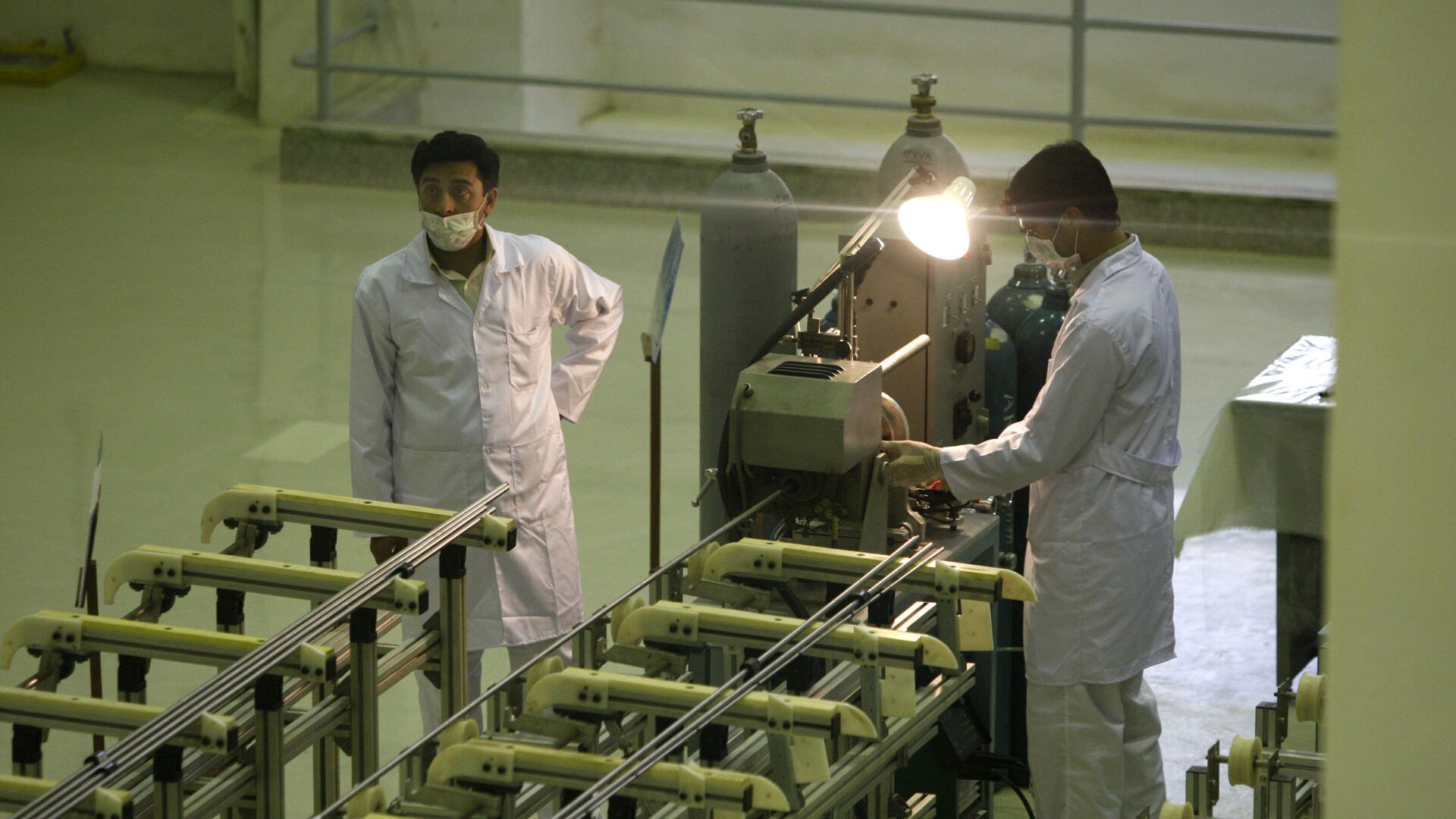Israeli Foreign Minister Gabi Ashkenazi said on Wednesday that Tehran's intention to limit IAEA inspections of its nuclear sites was a threat.
"Israel sees this step as a threat and it must not go by without response," Ashkenazi said in a statement.
"We will never allow Iran to control the capability to acquire a nuclear weapon," he added.
Iran signed the JCPOA with the P5+1 group of countries, which required Iran to scale back its nuclear programme and downgrade its uranium reserves in exchange for sanctions relief. Ex-POTUS Donald Trump’s administration pulled out of the deal unilaterally in 2018 and re-imposed sanctions on Tehran, prompting the Islamic Republic to gradually abandon its obligations under the accord.
In response to the assassination of prominent Iranian nuclear scientist and one of the key figures behind Iran's nuclear programme Mohsen Fakhrizadeh – which Tehran blamed on Israel – Iran passed a law to increase its uranium enrichment and stop UN inspections of its nuclear sites.
The Israeli government has always been opposed to the nuclear deal, with Netanyahu recently saying that Israel was not going to rely on the Iran nuclear agreement and would “do everything” to prevent Tehran getting hold of nuclear weapons. His comments come in the wake of January reports that Biden is willing to repair relations with Iran and possibly return the US to the deal.




